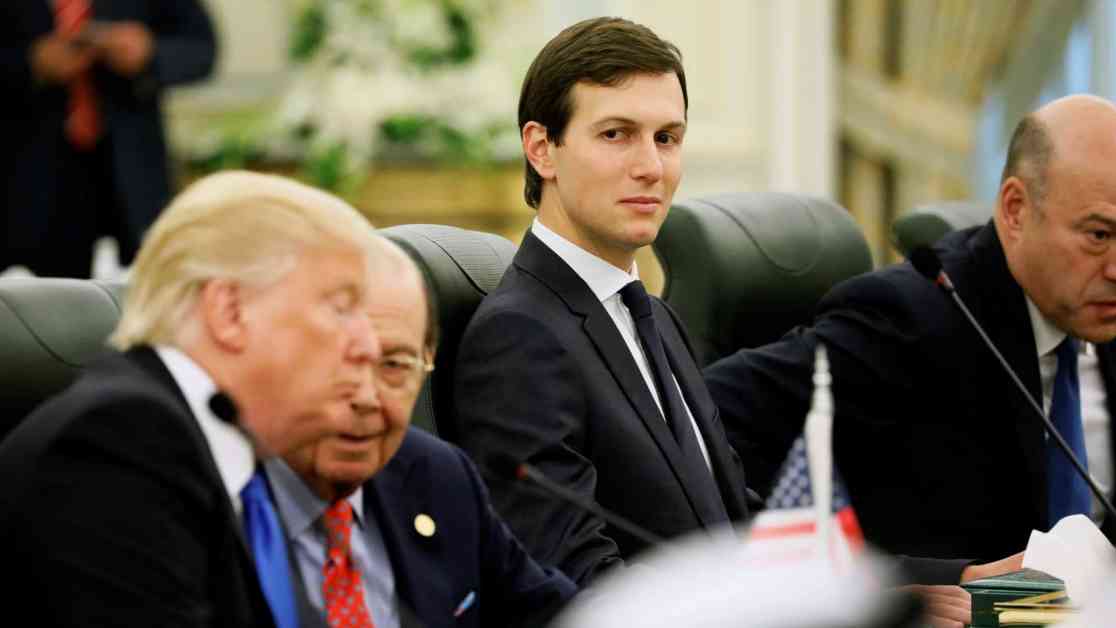In March 2022, Jared Kushner was called to testify in front of the Jan. 6 House committee regarding the attack on the Capitol that occurred in the waning days of his father-in-law’s presidency. In his private life, meanwhile, Kushner was doing deals, including one that took him to a niche and soon-to-be troubled corner of Amazon’s e-commerce empire.
Weeks ahead of his testimony in Washington, Kushner and others from his private equity firm, Affinity Partners, took a boat from their beach office in South Florida to meet with a company called Unybrands at its headquarters in nearby Miami. Unybrands, founded in 2020, was one of many players in the then-booming market of Amazon seller aggregators.
Kushner started Affinity in 2021, shortly after leaving his advisory role in the White House alongside his wife, Ivanka Trump. With Affinity, he attracted headlines for raising some $2 billion from the Saudi government, a highly controversial move given the cozy relationship between the Trump administration and Saudi Crown Prince Mohammed bin Salman.
When it came to the Amazon aggregator market, Kushner was jumping in at the worst possible time. The tech bubble was bursting following a record wave of venture investment in 2021. Rising rates and soaring inflation in 2022 led to slowing growth and layoffs across the industry, including at Unybrands.
Kushner was introduced to Unybrands by a tech entrepreneur whose company also had financial ties to Saudi Arabia, WeWork co-founder Adam Neumann. For about 90 minutes on that March day, members of Unybrands’ C-suite fielded questions from Kushner and his team, and showed off some of the eclectic mix of products the company had acquired.
Kushner was impressed by what he saw and ended up investing $75 million in Unybrands. Affinity’s investment in Unybrands was one of the private equity firm’s earliest deals, and it has since backed a handful of companies in various industries.
As the Amazon aggregator market began to unwind, Unybrands also faced challenges. Layoffs ensued, and the company began seeking a buyer. Unybrands explored strategic opportunities but ultimately decided to continue raising funds internally. Affinity’s involvement in Unybrands led to changes in the company’s corporate structure, with control being transferred to a new entity owned by Kushner and affiliated with Affinity.
Despite the turmoil in the market, Unybrands continued to expand and announced a new funding round alongside the acquisition of another company. The investment helped repay debt owed to an asset management firm. Unybrands also overhauled its board and transferred control of the company to a new entity owned by Kushner’s firm.
Several high-profile executives departed Unybrands, and questions still surround Kushner’s involvement in the company. While Kushner has not publicly acknowledged his firm’s investment in Unybrands, he has emphasized his focus on investing and building economic links between the Gulf and Israel through his private equity firm.
As Unybrands navigates challenges in the Amazon aggregator space, the company continues to grow and seek opportunities for expansion. The investment from Affinity and the changes in corporate structure signal a new chapter for Unybrands as it adapts to market conditions and strives for profitability in the e-commerce landscape.








